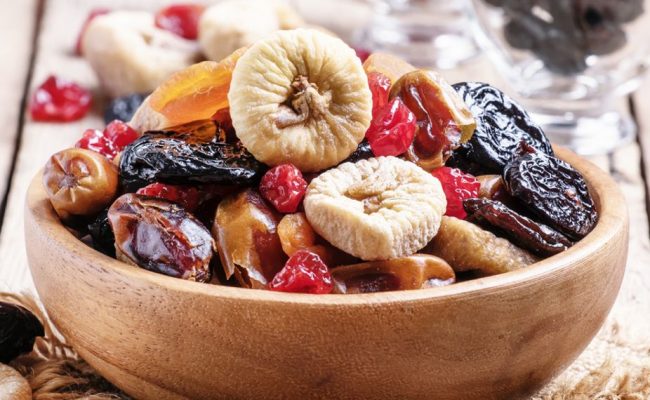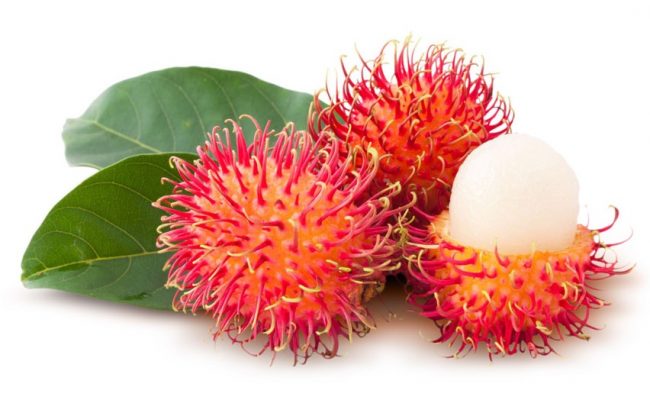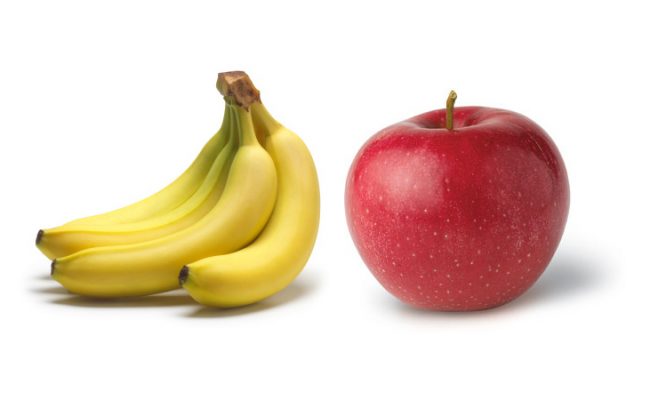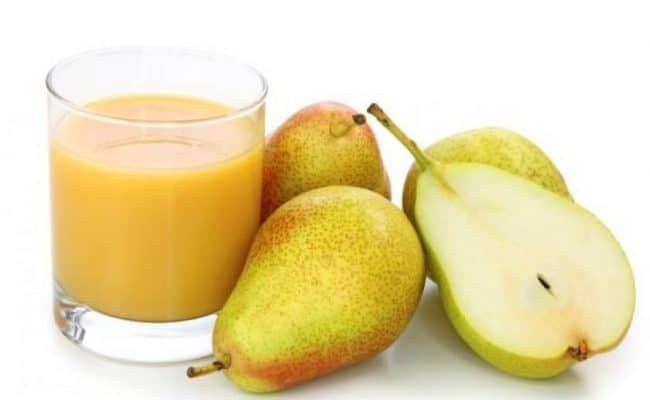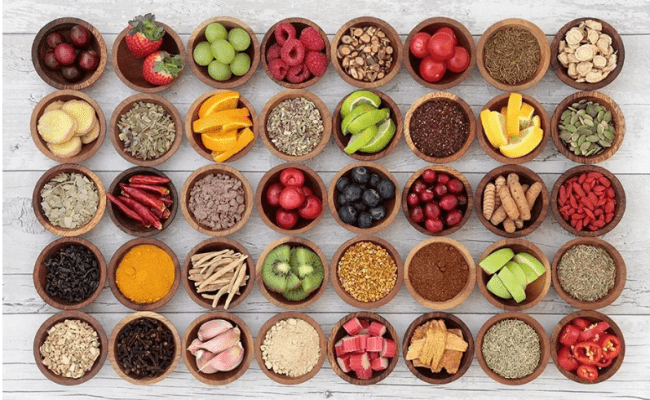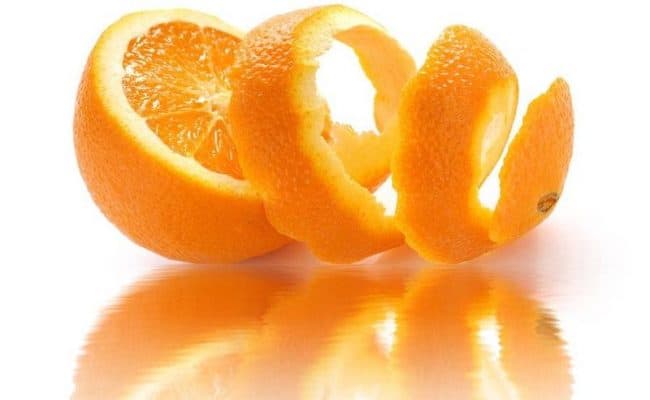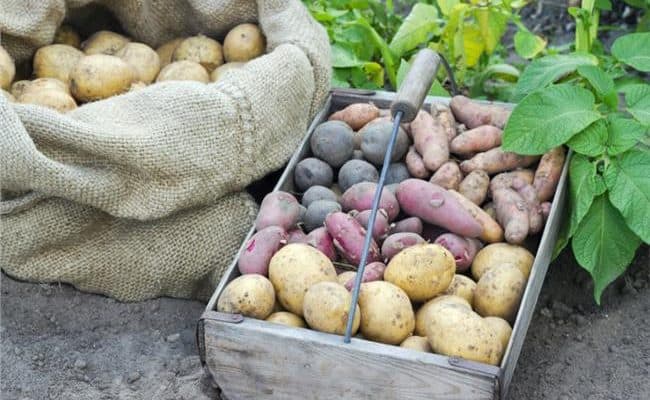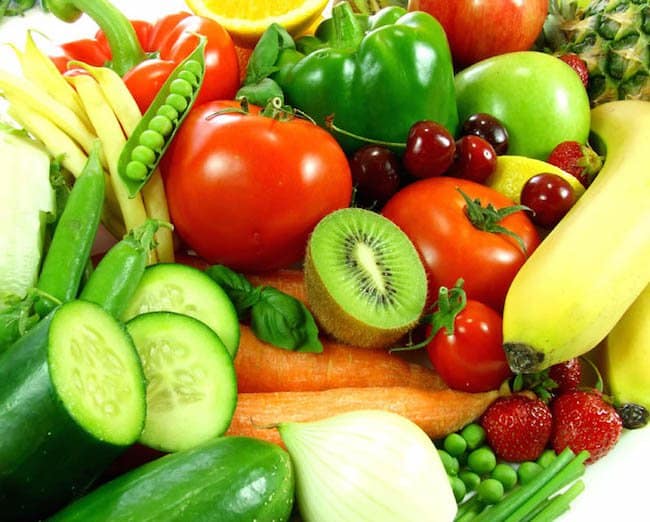
You probably know eating fruits and vegetables is great for your health. However, it can seem expensive to keep buying fresh produce if you end up throwing some out because it goes bad before you can eat it.
Keep these storage tips in mind for fruits and vegetables to maximize their freshness and avoid tossing them before enjoying them.
Store properly in refrigerator
Don’t just shove your produce anywhere in the fridge. Whatever produce you are putting in your fridge should always be put in the crisper drawers. These drawers are designed for holding produce and keeping their moisture. Putting produce there can help keep them fresh longer and keep them separate from other foods in the fridge that could give off other flavors or odors.
Put produce in refrigerator as soon as you get home from shopping to maintain freshness as long as possible. Don’t let produce that needs to be refrigerated sit out for long periods of time if you can help it.
Try to eat produce as soon as possible after purchasing. If you buy more than what you know you’ll eat in the next few weeks, put some on the freezer. Freezing fruits and vegetables considerably slows down the enzymatic reactions that ripen them.
Most fruits and vegetables should be stored in the refrigerator, but there are some that actually should be stored outside of the refrigerator. Here are some specific fruits/vegetable storing tips that can make them fresher longer.
Asparagus
Putting a damp paper towel around the bottoms of asparagus or putting them in water can help keep them fresh for longer.
Potatoes and Tomatoes
Tomatoes should be left out at room temperature, not in the refrigerator. Keeping them too cold can cause them to be mealy or lose flavor. Potatoes should be stored in a cool, dry area with good ventilation. Potatoes should not be stored in the refrigerator either because they can turn sweeter in the fridge.
Leafy greens
Pre-packaged, washed greens can last longer than buying a head or bunch of lettuce. However, the pre-packaged leafy greens can be high in pesticide residue and/or not taste as fresh as unpackaged leafy greens.
To make a head or bunch of leafy greens last longer, refresh the leaves in cold water when they get wilty. Dry completely before putting them back in the crisp drawers in the refrigerator and wrap loosely in paper towels in a plastic bag.
Heartier leafy greens like kale or mustard greens tend to last longer than spinach or lettuce. You can wash kale, pull the leaves from the stem and store in Tupperware in the refrigerator for easy, convenient storage.
Berries
Berries are fragile and should be eaten as close to purchase as possible. Wash berries just before using to keep them to extend freshness. Freeze berries if you know you’re not going to eat them within a few days of purchasing.
Melons
If you’re not going to eat your melon soon after purchase, choose a melon that has a green stem and is firm. If you want to get a melon ready to eat, purchase a melon that isn’t green at the stem and gives a little when you push on the stem.
Melons will ripen faster at room temperature. If you want to speed up your melon ripening, don’t put it in the fridge. Keep a close eye on your melon though; ripening can happen quickly and suddenly. If you want to slow down the ripening process for a melon, try putting it in the fridge.
Pitted fruit
Plums, nectarines, peaches, avocados or mangos will ripen at room temperature. To increase ripening place these fruits in a brown paper bag. When the fruits are soft when pushed they are ripe. You can store in refrigerator once ripe to keep them fresh longer or before ripe to slow down the process.
Storing tips outside the fridge
When fruits and vegetables start to ripen, they release ethylene gases. These gases can also help ripen other produce around them which may or may not be beneficial. For example, if you want bananas and avocados to both ripen, put them in a brown paper bag together to increase ripening time.
If you don’t want the avocados to ripen as quickly as the bananas, keep them away from each other. When storing produce at outside the refrigerator, make sure it is in a cool, dry place. Humid or hot conditions can increase spoiling time for produce.
Fruits and vegetables that stay fresh a long time
These produce items tend to stay fresh the longest and are more resilient to going bad.
- Potatoes
- Onions/garlic (should also be stored at room temperature)
- Apples
- Beets
- Citrus fruits
- Carrots
- Celery
- Hard squashes
Conclusion
In general, the best way to keep fruits and vegetables stay fresh longer is to know how to store them and freeze extra produce if you know you’re not going to use it for a while. Certain produce should be stored in the fridge, but things like potatoes, onions and tomatoes should be stored at room temperature.
Eat more perishable and ripe produce, like berries or leafy greens, before heartier produce like potatoes, carrots and apples.
